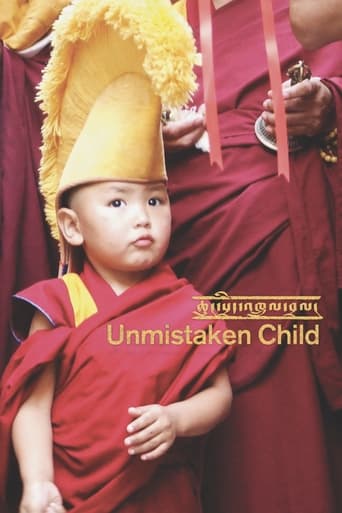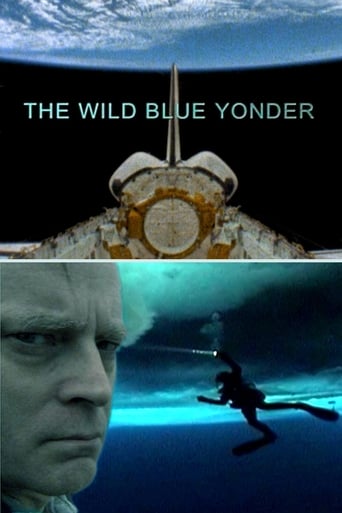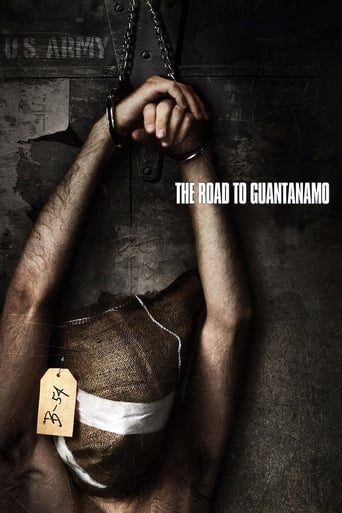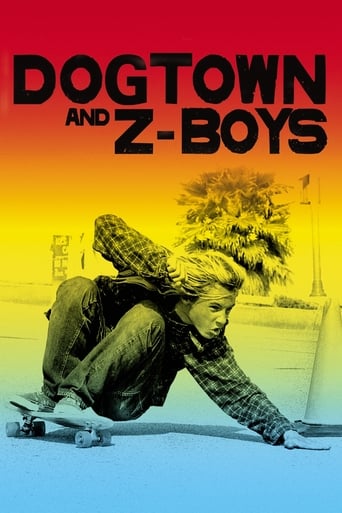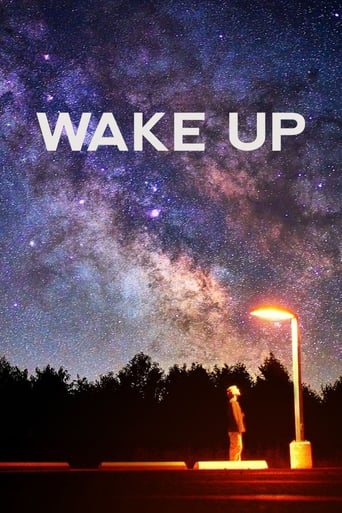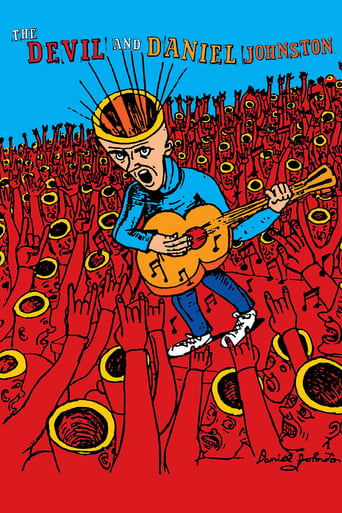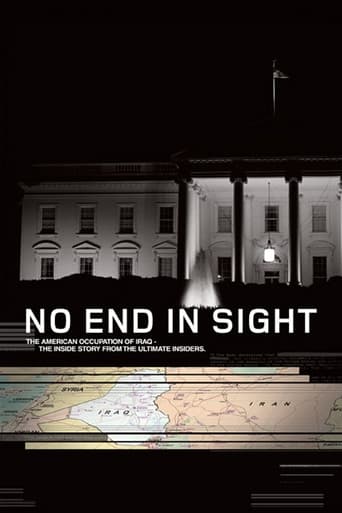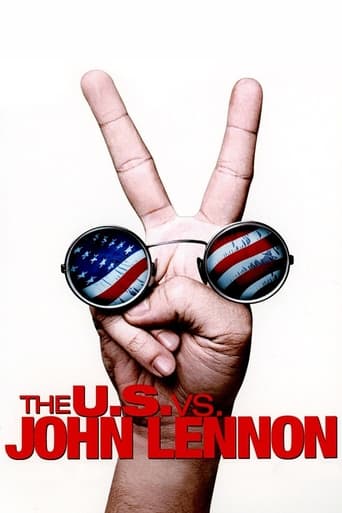Unmistaken Child (2009)
In Nepal, a venerable monk, Geshe Lama Konchog, dies and one of his disciples, a youthful monk named Tenzin Zopa, searches for his master's reincarnation. The film follows his search to the Tsum Valley where he finds a young boy of the right age who uncannily responds to Konchog's possessions. Is this the reincarnation of the master? After the boy passes several tests, Tenzin takes him to meet the Dali Lama. Will the parents agree to let the boy go to the monastery, and, if so, how will the child respond? Central to the film is the relationship the child develops with Tenzin.
Watch Trailer
Cast


Similar titles
Reviews
Complex. moving, thought provoking and beautifully shot, with a great score.I struggled a bit philosophically at first while watching, since I've been trained in a more western tradition of Buddhism, and don't take the concept of reincarnation literally. And I had an even harder time seeing a tiny child taken from it's family with no say as to his fate. But then I realized that the documentary – which is told without narration – isn't taking sides on whether reincarnation is real, whether this child actually is the reincarnation of the former llama (there are some moments that seem to actively raise question, where it looks like the boy may being guided to give the right answers). It's simply displaying a way of life and a tradition that has gone on for hundreds of years. One that includes the cruelty of separating a child and his family, but that has also led to such important figures as the current Dali Llama, who has done so much for world peace. And, in turn that leads to bigger, important questions about how we raise children. If we never forced children directions against their will at times, we might never have some of our greatest figures in religion, leadership, arts, etc. But in doing so, do we also in some way harm the soul of that child? Where is the line between freedom and tradition? These are important questions, and the film raises them with skill and grace, without attempting to force an easy answer.It's also the very emotional journey of the young monk charged with the difficult and uncertain task of finding the reincarnation of the man he loved and served for many years. Whether your beliefs, you can't help but care for this charismatic and vulnerable monk on his physically, emotionally and spiritually challenging journey.
In Unmistaken Child, Baratz paints his viewers a very clear picture of the role faith plays in the lives of modern Tibetan Buddhist "Clergy".I use the word "paints" above because beauty permeates the film in every aspect; from a deep look into the Eastern culture to the psychosocial intermingling of love, faith and family. Altogether, The film offers an astounding experience. My only qualm with the film is the lack of a realistic amount of counter "evidence". After some time, I couldn't help thinking that the young costar's behavior was a little too "on point".To counter this, Baratz does little explaining and opinion stating. Thus, the viewer's cognitive and emotional interaction with the film come quite naturally. Creating his or her own opinion of the scenario, the viewer is engrossed in a wellspring of previously unexplored trails of thought. One begins to see the film, not as evidence of some truth, but as a window peering into the truth of another.If Eastern culture, spirituality, or real life drama interest you in the least, watch Unmistaken Child ASAP. It is available to stream on the leading online movie rental website :).
***SPOILERS AHOY!*** Writing as a practising Buddhist, I saw this gem on TV late one night (it was actually shown on BBC4 as 'The Baby and The Buddha', so watch out for it). Other reviews commend the beauty and emotion of the film, the breath-taking landscapes, and while these are all indeed true, it was the 'affirmation' that touched me most. Let me explain what I mean... Firstly let me apologise for putting such a heavy Buddhist slant on this; I'm hoping there are like-minded people out there who can appreciate what I'm about to say! If not and you're just curious, thanks for looking! OK, here we go.... Watching the child react to being given the Rosary Beads that were his in the previous life, and how he puts them around his neck and won't be parted from them; his reaction to the finger drums, the bells etc of that earlier life; how he shows an unshakable confidence and authority when granting blessings to his disciples, and so on. I found this to be very jarring to watch, and it has been an enormous inspiration to my Dharma practise (following the Buddhist Path). Us 'Westerners' have and will always struggle with the Buddhist belief of Rebirth, and the conditions that naturally arise from this (such as the existence of the 6 Realms, Mother- Beings, etc), but this superb film spells out to us that these aren't just mystical traditions, but ACTUAL occurrences. What better proof do our inquisitive and questioning minds need? Think about it. If you watch the film with a sincere heart, you will become convinced that the child is indeed the Buddhist Geshe reborn, or a 'Rinpoche'. Therefore, rebirth at the end of this life will definitely happen for us all, and it follows that it HAS happened to us countless times before. My Wife struggles with a lot of these concepts, but now I have actual proof to wave under her nose! It's up to us 'Westerners' to suspend our disbelief, and embrace this seemingly far-fetched idea as actual fact. That is why I feel that this film is so important. In the film, Geshe-La was reborn in a Human form because of his life-long devotion to the Three Jewels; if we follow the example ourselves and practise Dharma purely and sincerely (as lay-persons like me, not necessarily as fully ordained Monks) then we will surely be reborn in the Human Realm, and have the precious opportunity to continue our Dharma practises. So, that's what I meant when I said that I found the film to be 'affirming'. It strengthens one's faith in the Buddhist belief of Rebirth, which then inspires one's study of Dharma, and in taking Refuge in the Three Jewels. Amazing stuff. Every Buddhist should own a copy. Go to Amazon and click the buy button RIGHT NOW!!!! lol Thanks for reading :-)
In a year when films that glorify sadistic revenge fantasies and psychopathic violence against women are celebrated, Israeli director Nati Baratz's documentary Unmistaken Child is a tribute to a director and a young Buddhist monk who are willing to share with the world a journey of love. The film concerns twenty-eight year old Tenzin Zopa, a Buddhist monk who left his family at the age of seven to become a disciple of a Tibetan Buddhist master, who then takes on the responsibility of searching for his master's reincarnation when he dies at the age of 84 in 2001. Though Tenzin is devastated when he loses his teacher, Lama Konchog, and feels inadequate to the task ahead, he agrees to search for his master's reincarnation out of a sense of duty to pass on his master's wisdom to the world.After a senior monk with an astrological gift determines that the child was born in the Tsum Valley of Nepal, and that the boy's father's name begins with "A, Tenzin sets out on foot on a four-year journey to seek the "unmistaken child", not knowing if he will be successful. Accompanied by Baratz and his camera and with permission from the Lama Zopa Rinpoche, he visits villages in the same area in which he grew up, inquiring as to whether families with a child of age one to one and a half years lives in the village. He interviews children, parents, and grandparents, asking many questions and testing each child to try to find out if the young child is unusually attracted to the master's rosary beads.When he travels to Chekampor Village which was his place of birth, he meets relatives including an aunt who tells him that there may be such a child in the next village whose father's name, is Ahpe. En route to meet this boy, Tenzin comes across Genshe-La's retreat where he first met his spiritual teacher at the age of seven. Saddened by the dilapidated condition of the retreat, Tenzin sheds tears but his spirits are buoyed by the sight of the child who waters the same apple tree daily that was planted many years ago by Konchong and clings to the rosary beads. In a moment that is pure magic, the little boy is brought to a monastery where he is able to identify personal items such as a hand bell and drum that were used by Kongchong.The most intriguing part of the film, however, is the unfolding of the relationship between Tenzin Zopa culminating with their meeting with His Holiness the Dalai Lama. The Dalai Lama is the only one who can determine whether or not the boy will be accepted as the reincarnation of Lama Konchong. This test is just preliminary however to the crucial meeting between the boy and his parents and it is a test that both Tenzin and the family face with bravery and good humor. Shot in the villages and countryside of Nepal, Unmistaken Child is a film of unexcelled beauty, both physical and spiritual that left me with a glow that lasted for days.

